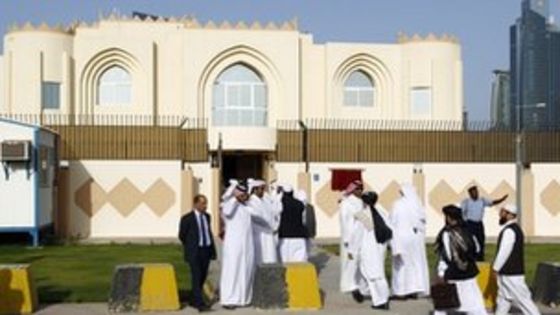Obama creates largest ocean reserve, takes heat for new federal decrees
FNC: President Obama, with the stroke of a pen, created the world’s largest ocean reserve on Friday off Hawaii, days after designating a massive federal monument in Maine – moves that have angered local lawmakers who accuse the president of disregarding the impact on residents.
A green sea turtle is seen off the coast of Oahu, Hawaii. (Reuters)
Obama used a presidential proclamation to expand the Papahānaumokuākea Marine National Monument off the coast of Hawaii by over 400,000 square miles. The preserve now stretches 582,578 square miles, the world’s largest marine protected area.
“The expansion provides critical protections for more than 7,000 marine species … [and] will allow scientists to monitor and explore the impacts of climate change on these fragile ecosystems,” the White House said in a statement, citing the support of Sen. Brian Schatz and “prominent Native Hawaiian leaders.”
But the decision drew sharp criticism from the fishing industry and even fellow Democrats, as it will drastically expand the area where commercial fishing and drilling is banned.
Former Democratic Gov. George Ariyoshi said at a rally last month that it came down to the question of who actually owned the ocean.
“The ocean belongs to us,” Ariyoshi reportedly said. “We ought to be the ones who decide what kind of use to make of the ocean.”
Representatives from the fishing industry warn the move will increase prices and imports, The Honolulu Star Advertiser reported. All commercial extraction activities will be prohibited within the area, though non-commercial fishing is allowed by permit.
The regional council that manages U.S. waters in the Pacific Islands said the decision “serves a political legacy” rather than a conservation benefit.
“Closing 60 percent of Hawaii’s waters to commercial fishing, when science is telling us that it will not lead to more productive local fisheries, makes no sense,” said Edwin Ebiusi Jr., chairman of the Western Pacific Regional Fishery Management Council. “Today is a sad day in the history of Hawaii’s fisheries and a negative blow to our local food security.”
The land grab began: On August 25, 1916, President Woodrow Wilson signed a bill that mandated the agency “to conserve the scenery and the natural and historic objects and wildlife therein, and to provide for the enjoyment of the same in such manner and by such means as will leave them unimpaired for the enjoyment of future generations.”[5] Mather became the first director of the newly formed NPS.[6] Wikipedia
*****
Celebrate National Parks’ 100th birthday by joining Obama on a (virtual) tour of Yosemite
2014: Through legislation, Congress has provided varying authorities for acquiring and disposing of
land to the federal agencies.31 With regard to acquiring land, the BLM has relatively broad
authority, the FWS has various authorities, and the FS authority is mostly limited to lands within
or contiguous to the boundaries of a national forest. DOD also has authority for acquisitions.32 By
contrast, the NPS has no general authority to acquire land to create new park units. Condemnation
for acquiring land is feasible, but rarely is used by any of the agencies and its potential use has
been controversial. The primary funding mechanism for federal land acquisition, for the four
major federal land management agencies, has been appropriations from the Land and Water
Conservation Fund (LWCF).33 For the FWS, the Migratory Bird Conservation Fund (supported
by sales of Duck Stamps and import taxes on arms and ammunition) provides a significant
additional source of mandatory spending for land acquisition. Funding for acquisitions by DOD is
provided in Department of Defense appropriations laws.
With regard to disposal, the NPS and FWS have virtually no authority to dispose of the lands they
administer, and the FS disposal authorities are restricted. The BLM has broader authority under §
203 of FLPMA. DOD lands that are excess to military needs can be disposed of under the surplus
property process administered by the General Services Administration.34 Further, it is not
uncommon for Congress to enact legislation providing for the acquisition or disposal of land
where an agency does not have standing authority to do so or providing particular procedures for
specified land transactions.
Ownership Changes, 1990-2013
Since 1990, total federal lands have generally declined. There have been many disposals of areas
of federal lands. At the same time, the federal government has acquired many new parcels of land
and there have been numerous new federal land designations, including wilderness areas, wild
and scenic rivers, and national park units. Through the numerous individual acquisitions and
disposals since 1990, the total federal land ownership has declined by 23.5 million acres, or 3.6%
of the total of the five agencies, as shown in Table 3. BLM lands declined by 24.8 million acres
(9.1%)35 while DOD lands declined by 6.1 million acres (29.8%). In contrast, the NPS, FWS, and
FS expanded their acreage during the period, with the NPS having the largest increase in both
acreage and percent growth─3.5 million acres (4.6%). In some cases, a decrease in one agency’s
acreage was tied to an increase in acreage owned by another agency.36 Read more here.








